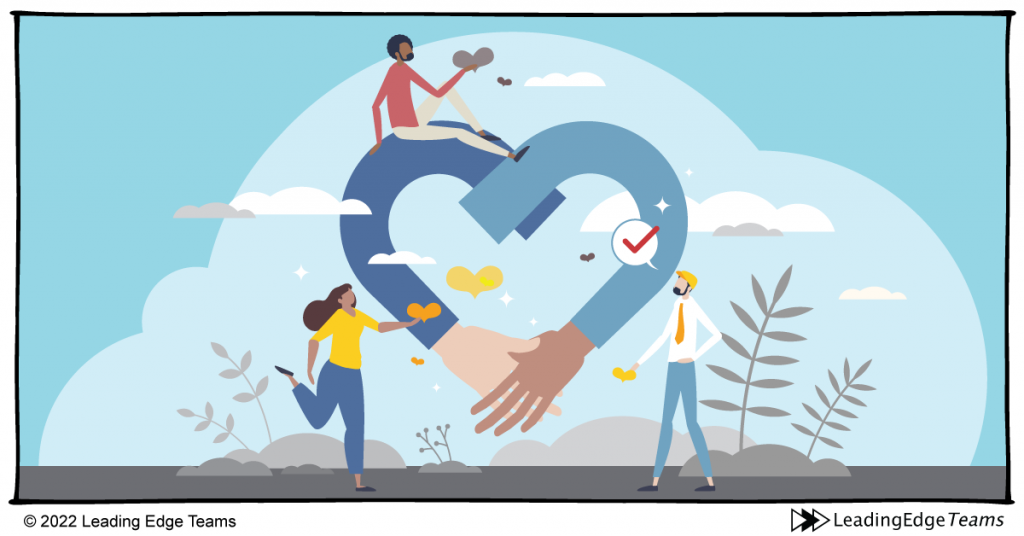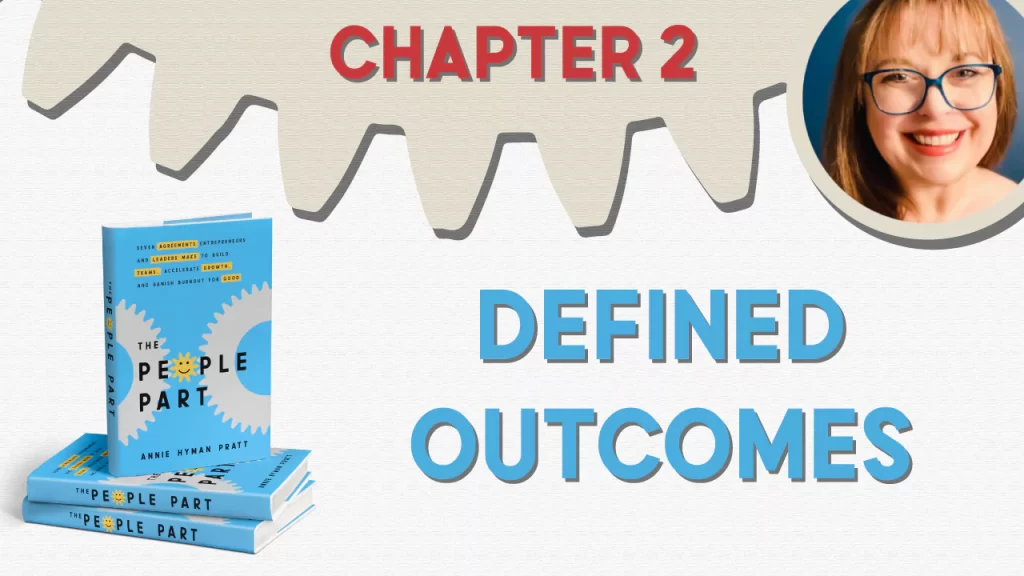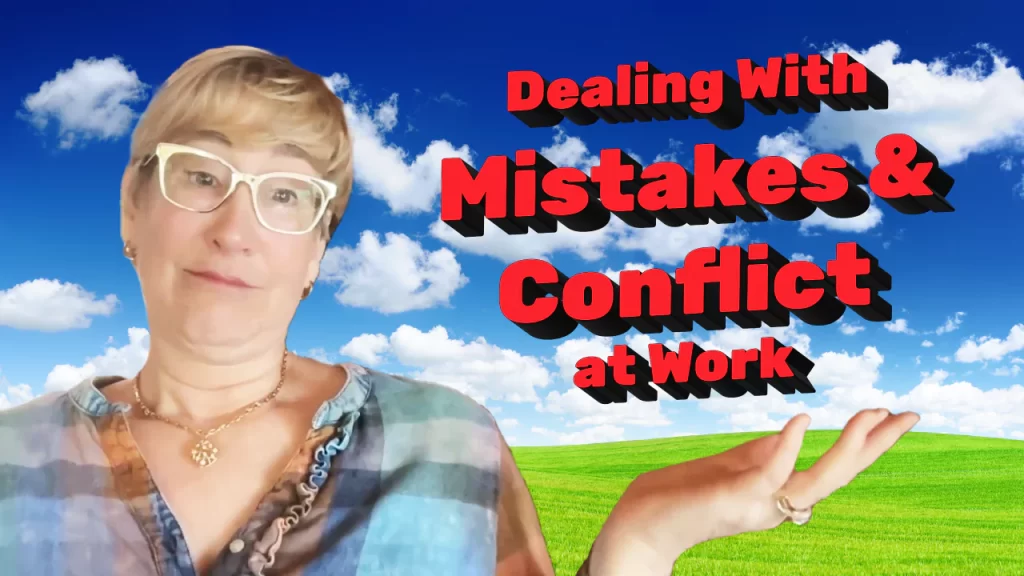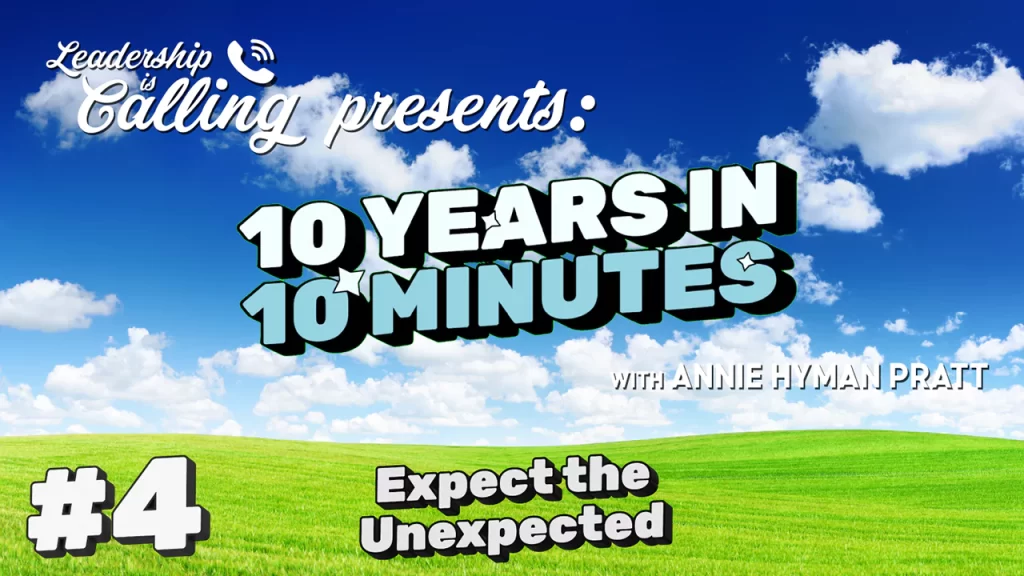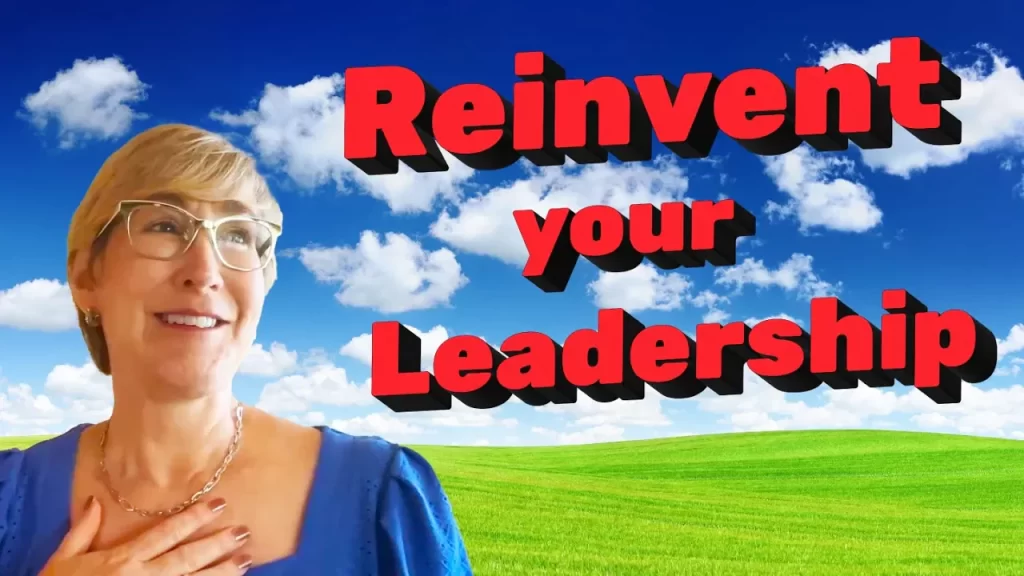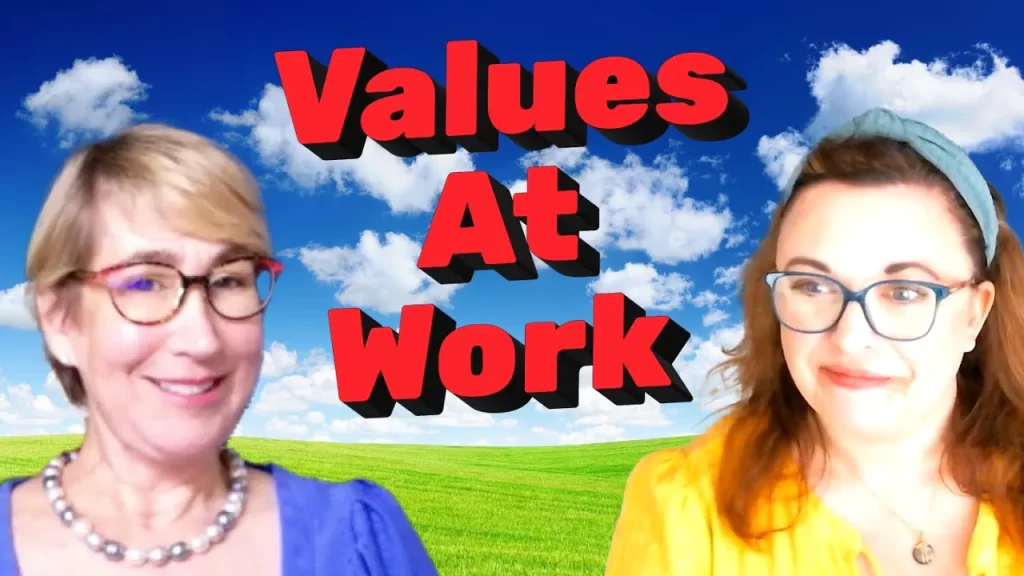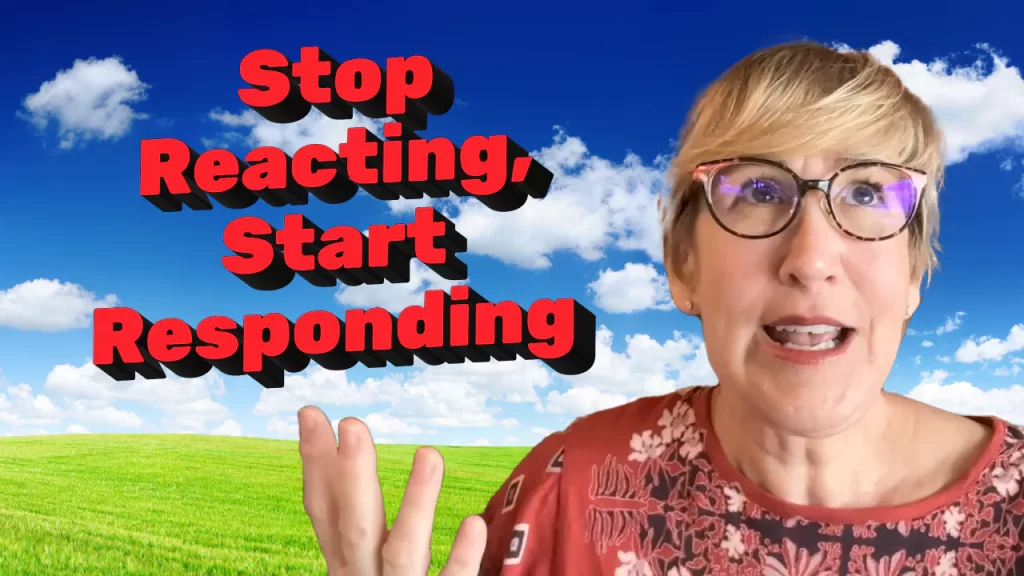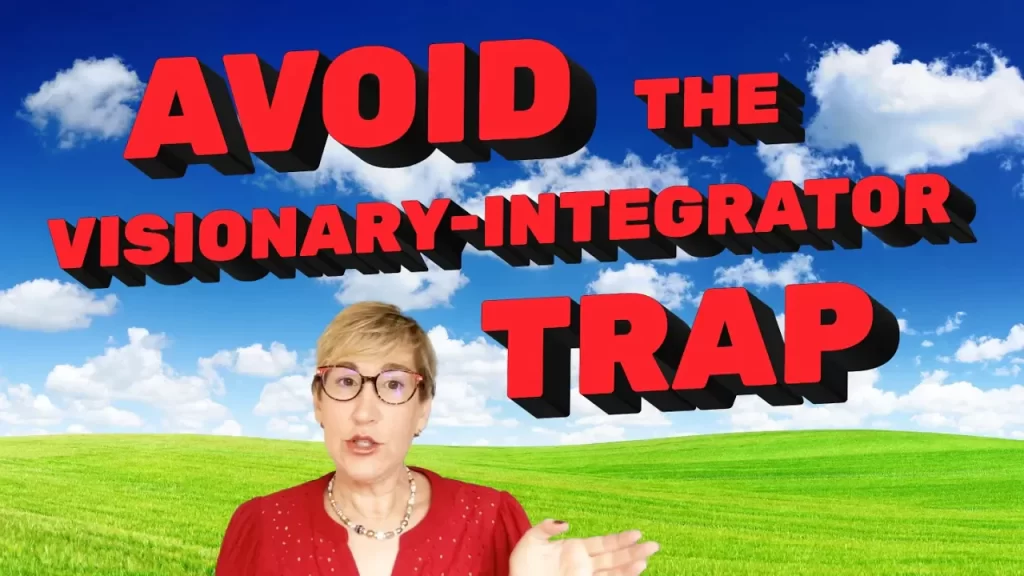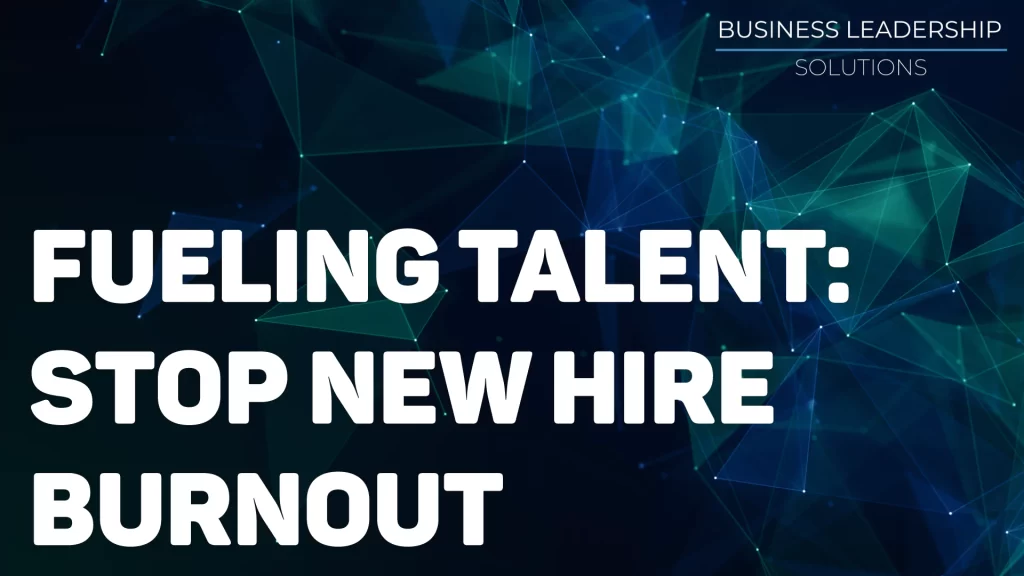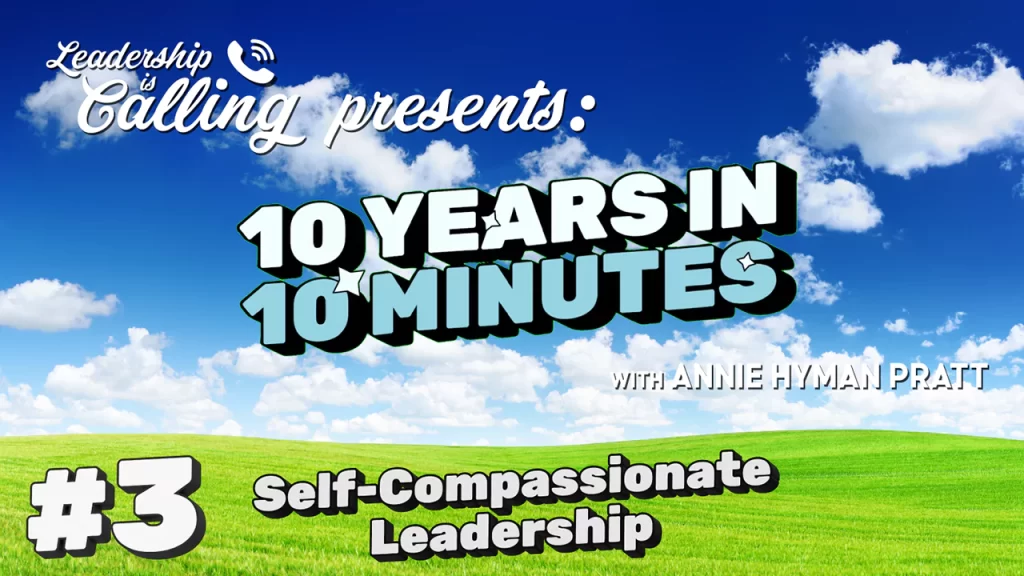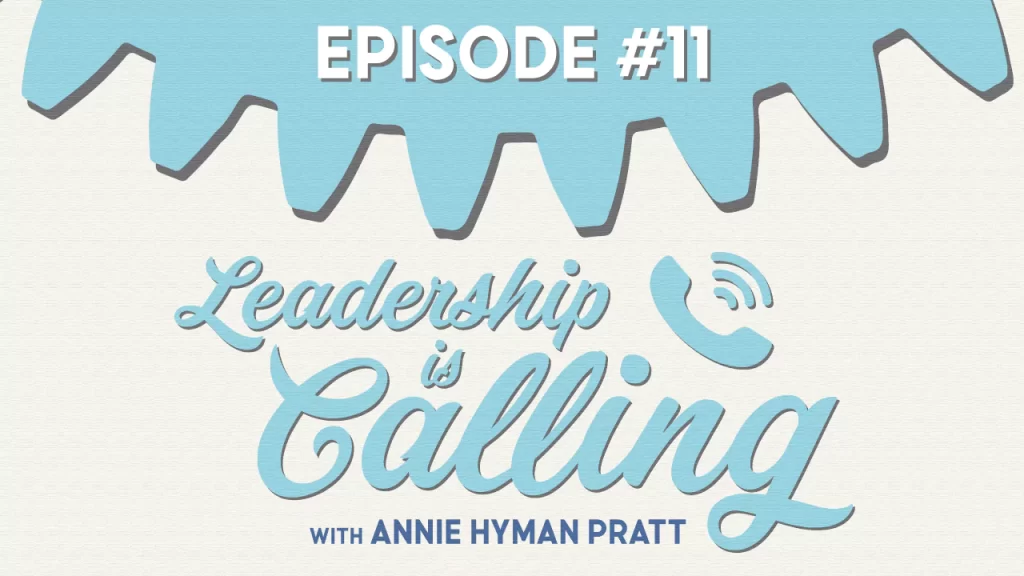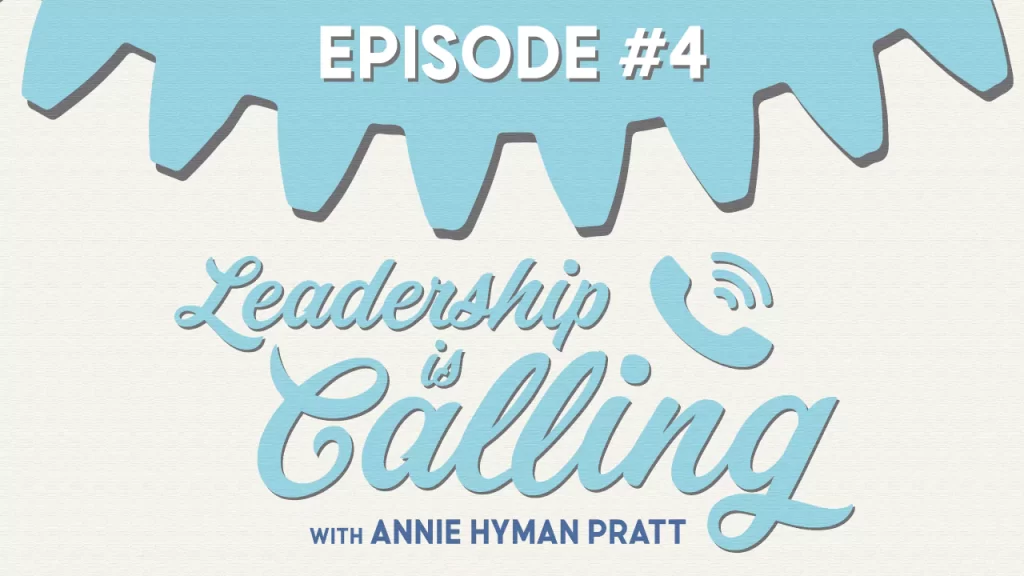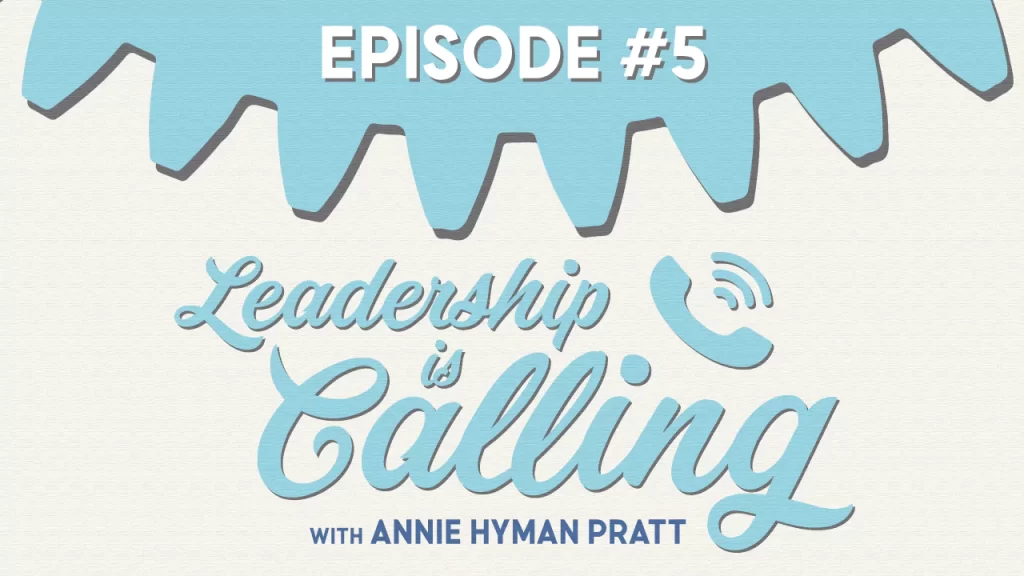Episode #14: Self-Compassionate Leadership
Leadership is Calling Episode #14, 10 Years in 10 Minutes Series #3
Annie Hyman Pratt
- Description
- Transcript
Self-Compassionate Leadership Through Supporting Ourselves and Others
“Your compassion must be greater than your ambition. Otherwise, not only will you not succeed in business but you will torture yourself and everybody else to death on the journey.” -Annie
On this episode of Ten Years in Ten Minutes with Annie Hyman Pratt we explore self-compassionate leadership and how being more kind to yourself can help your success.
Annie shares insights from a degree in spiritual psychology on why self-compassion is key for high performers. Beating yourself up causes avoidance and blame, which prevents success.
Key Points
- High performers often have high expectations and ambition which can lead to self-criticism
- As we get older, we have less control than we think, so self-compassion is important
- Beating yourself up backfires – it doesn’t motivate, but causes avoidance and blame
- Kids need self-compassion to become good performers and avoid struggles
- “Your compassion must be greater than your ambition”
Related Resources
Leadership Skills: Compassionate Leadership
Leadership Development Articles: COMPASSION—Essential Key for Today’s Entrepreneurial Leaders | Become Aware of Your Own Self-Protection
Downloadable Leadership Tool: The 5-Day Appreciation Journal: A Culture of Caring
Auto-Generated Transcript – unedited version
Self-Compassionate Leadership Through Supporting Ourselves and Others
Hey everyone, it’s Annie with another one of my 10 years and 10 minutes talks where I share the things that took me at least 10 years to learn and I give you the insights and the parts that you can apply right away in 10 minutes so that you don’t have to take 10 years. Today’s topic is about self-compassionate leadership and specifically self-compassionate leadership so that you can keep having high performance, you can keep having a high level of success. This is a topic that is really important to me.
I think this this took me not only 10 years to learn, but it took me getting an extra college degree around compassion, basically of a California Masters in something called spiritual psychology, which is a lot about kind of human wholeness and self-compassion is, I think, the biggest part and the biggest part for hype for high performers especially.
Here’s the thing: when we think of high performance, we think about people who are first of all very ambitious and that they have big goals – a lot of drive, high expectations of themselves and others too – that they learn how to control things to get the result that they have a really great discipline – and that at the end of the day, the high performers, they do whatever it takes to get the results. As you know, high performance is all about getting results.
Okay, so we grew up in an environment where that message was kind of, you know, drilled home for us. It’s, I think, most of us grew up with parents, teachers, coaches – all who told us that we could and should do better. That if we weren’t getting an A, if we weren’t winning the games, if we weren’t, you know, achieving our goals that it was pretty much our fault – that we were the ones who needed to take control of our, you know, of our lives, of our circumstances, of our own discipline and get it done right – make it happen.
Okay, so there is a whole lot about personal responsibility that is important and I think that is the kind of the main message that got sent to us – that you’re responsible for how things turn out. All right. And that’s a good message for younger people who are doing things in their lives where they actually have quite a bit of control.
Here’s the thing: As you grow up and you get older and into the business world, it turns out that we don’t actually have all that much control that we think we do. So as high performers, we’ve internalized those voices. We no longer need teachers, coaches, parents to tell us when we’re doing something badly – that we should be doing better – that we should, you know, exercise more, eat better, learn new things, get better habits. But there’s it – the voice is sort of endless and it’s very centered on it’s our fault that we’re not performing well – that if the results aren’t happening that we are the problem.
Okay, now here’s the thing: As we grow up, we actually need to know that we are not a hundred percent of the problem all the time. In fact, most of the time when we’re talking about business situations, business circumstances, getting results in business, there is so much going on that is not in our control that has a giant bearing on how it’s going to turn out that we actually need to have a lot more compassion for ourselves.
We need to not be beating ourselves up for not getting great results because when we do, when we beat ourselves up, we actually backfire. It doesn’t motivate us to go get a better result. I think we feel like it does, but in fact it doesn’t because what it does is it causes us to internally not want to face ourselves.
So we do one of two things or sometimes we do both: We either avoid – we try to push away those bad feelings and not beat ourselves up – and maybe binge a Netflix series instead – or we externalize things and instead of blaming ourselves, we blame everything else.
Okay, both of those emotional reactions are a giant problem because we – we don’t – we no longer have access to the best part of our brain. We end up getting really focused on the past of what we should have done differently. We can’t even change that and when we are so in this place of this internal struggle of “Am I good enough?” or “Did I really mess that up? Does that make me a bad person? Should I have – you know – am I messing everybody else up? Am I not a responsible family member anymore?” Am I, you know, all of these things that we might think about ourselves – we are now thinking about all that instead of “What could make this better in the future? What opportunities are here right now?” And we have a very hard time seeing that in ourselves.
But I think we are much more able these days to see it in our kids. If you have kids or maybe some nieces and nephews or whatnot – any and any of them are quite achievement oriented – you probably know the pressure that they’re under these days to do well. And when they don’t meet their own expectations now we’re starting to really see that they struggle with it.
And if – if they can’t get themselves out of that internal struggle – and the only way to do it is with a lot of self-compassion – then they won’t turn into good performers in life. They actually will really struggle in life and we need for ourselves to be great in business, to be able to apply that self-compassion when things aren’t going well. That’s the you know that’s the biggest thing that I want people to know.
I have a saying: your compassion must be greater than your ambition. Otherwise, not only will you not succeed in business but you will torture yourself and everybody else to death on the journey.
So let’s have everybody get a bunch of self-compassion. Business is hard. Every – we’re all doing something that’s hard and by the way it’s hard to be human. And let’s you know take a big dose of self-compassion and support ourselves and everybody else around us.
That’s what I wanted to share today. To learn more about this episode’s topic, pick up a copy of my book “The People Part”.

